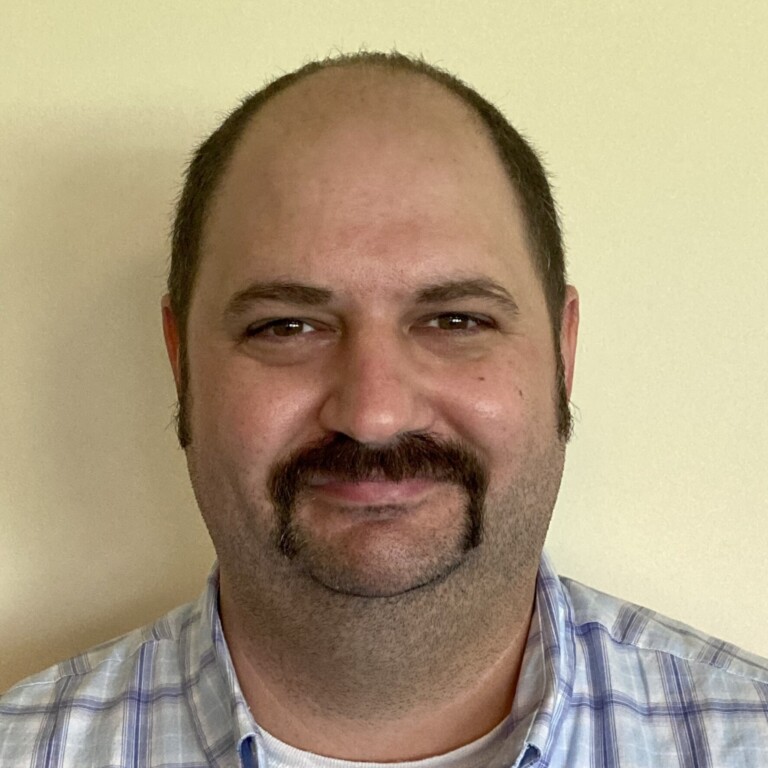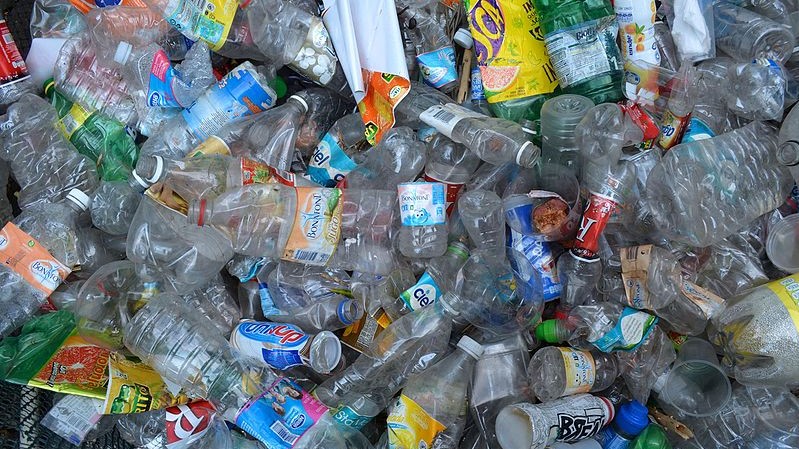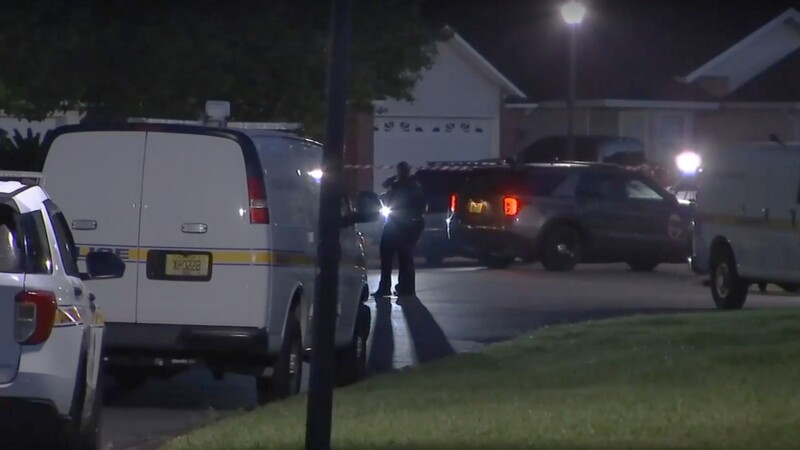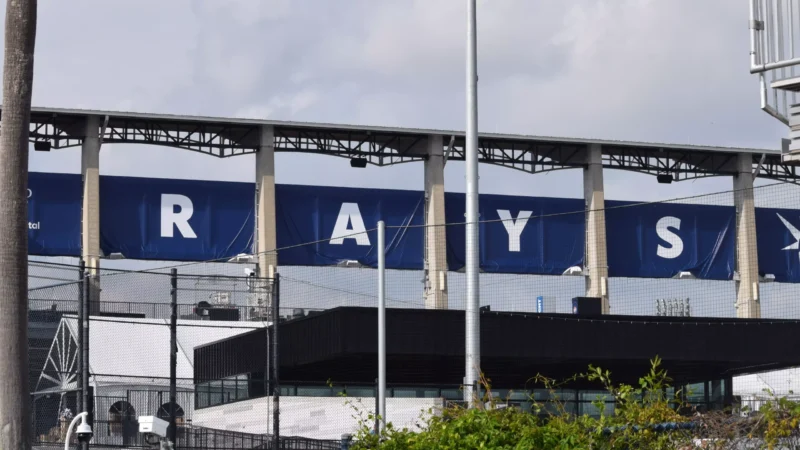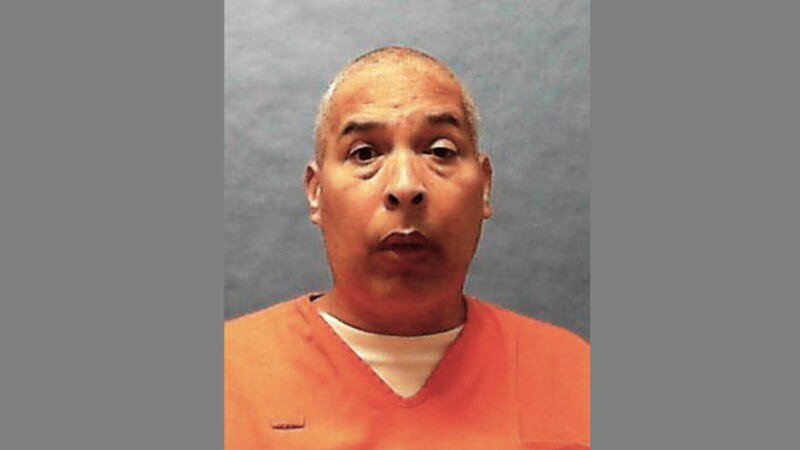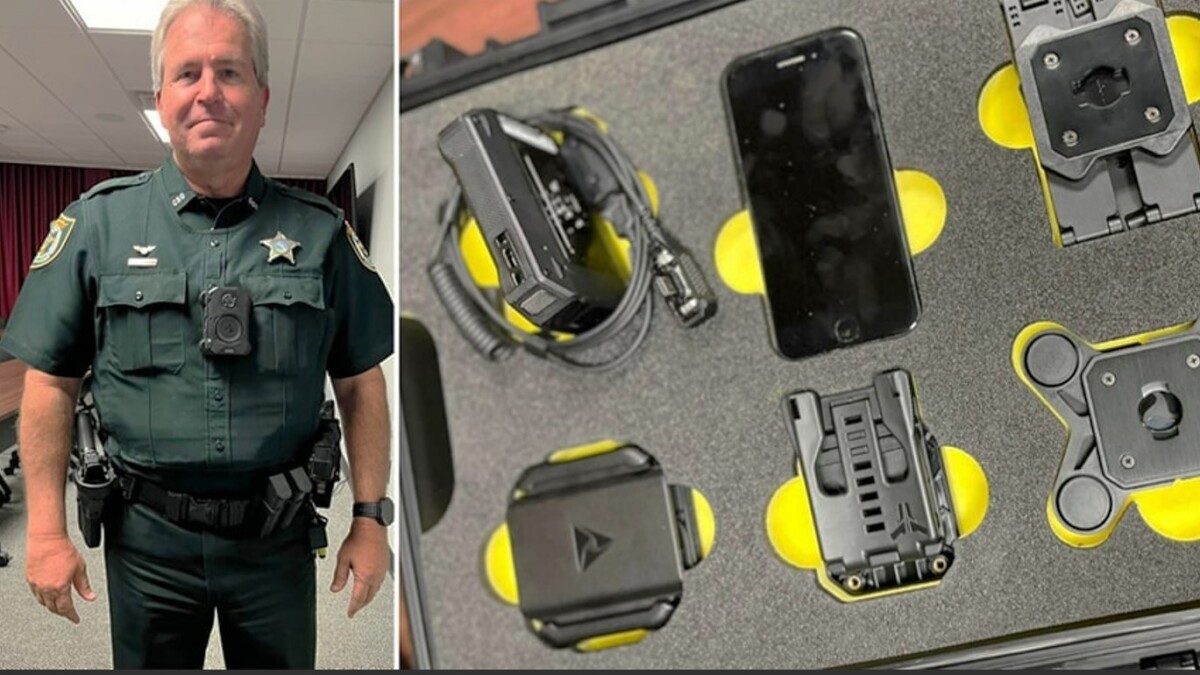Less nonrecyclable garbage is getting thrown into curbside recycling bins in Jacksonville, according to an audit released Tuesday.
The rate of contaminated recyclables dropped by nearly 22% from October 2022 to March 2024, due to efforts to educate the public, the city’s audit showed.
In October 2022, the city found that 27.6% of all items that were going through the recycling facility could not be recycled, said Eric Fuller, an environmental programs manager with the city. The contamination rate dropped down to 21.6% in March this year, Fuller said.
“We found that our No. 1 contaminant was plastic bags or people bagging their recyclables. That’s not what we want,” he said. “Recyclables should be loose in your carts, and the plastic film just doesn’t go through our processing facility appropriately.”
A decrease in contamination rates saves the city between $70,000 to $80,000 a year in disposal costs, Fuller said. It also uses less landfill space and saves energy because recycled plastics use less energy to convert to other plastics than nonrecycled materials.
The main reason for the drop in the contamination rate was an education outreach campaign, the city said.
During the campaign workers looked at the curbside recycling bins of 240,000 customers from May to December 2023. The goal was to check the bins four times during the survey and let residents know if they were putting improper materials into the bins. If they did, they got a tag on the bins letting them know of the infraction and what recyclables are acceptable.
The outreach campaign was a collaboration between the city of Jacksonville; the Recycling Partnership, an organization that works to improve recycling systems across the county; the Florida Beverage Association; and the American Beverage Association, which are the state and national trade associations for the nonalcoholic beverage industry.
Besides the plastic bags, the city does not pick up No. 4 and No. 6 plastics, aerosol cans, shredded paper, batteries, rubber cables or wires.
The materials you can recycle include paper, flattened cardboard, empty and dry metal cans, plastic bottles and glass.
This effort to improve recycling was funded through $560,000 from the city and a $560,000 grant from the Recycling Partnership. The grant portion was funded by the “Every Bottle Back” initiative of the American Beverage Association and the Florida Beverage Association.
Cody Marshall of the Recycling Partnership said this was the largest educational outreach campaign his organization has been a part of in its 10-year history.
“This project is a model that cities throughout Florida and the country can replicate to demonstrate recycling can work and does work when you invest in it,” Marshall said.
Elizabeth DeWitt, president and CEO of the Florida Beverage Association, agreed.
“When we reduce contamination in the recycling stream, more materials like our bottles and cans can be remade into new products as intended,” DeWitt said. “The success in Jacksonville provides a road map for how communities and business can work together to improve the effectiveness of recycling programs.”
Despite the decrease in recycling contamination rates, Fuller said the city can do better. The city will continue to educate the public about recycling, letting people know when they recycle improperly and looking for new grants to help fund the efforts.
This story was updated June 6, 2024, with comments from the Florida Beverage Association.
